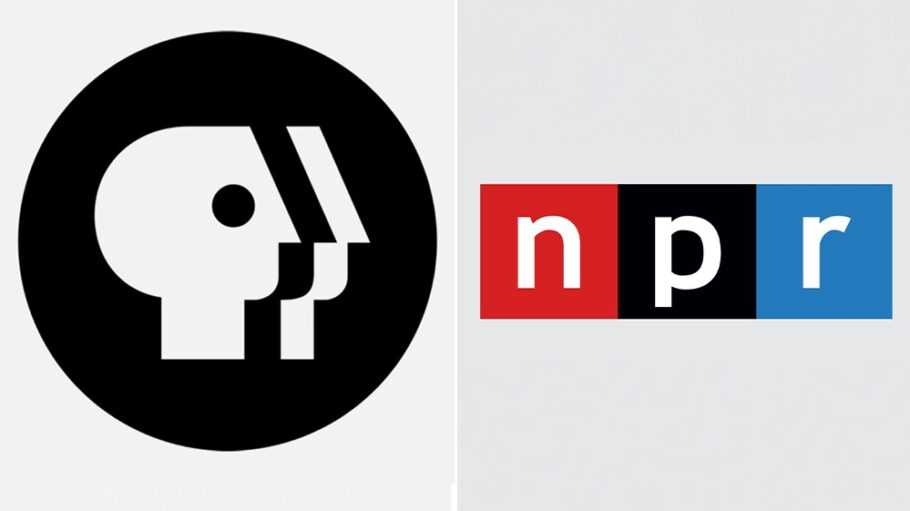The U.S. House of Representatives voted in favor of President Trump’s “rescission” bill Thursday, a measure that would claw back nearly $1.1 billion in funding already approved for PBS and NPR.
The package passed by a 214-212 in the House, largely along party lines as Republicans mostly stood together to enforce Trump’s agenda to cut federal funding for public media. Four House GOP members voted against the bill, which will next move to the Senate for consideration.
“For decades, Republicans have promised to cut NPR, but have never done it, until now,” Trump wrote Thursday on Truth Social before the House vote was official. “NPR and PBS are a Radical Left Disaster, and 1000% against the Republican Party!”
PBS, in a statement after the House vote, said in part, “The fight to protect public media does not end with this vote, and we will continue to make the case for our essential service in the days and weeks to come. If these cuts are finalized by the Senate, it will have a devastating impact on PBS and local member stations, particularly smaller and rural stations that rely on federal funding for a larger portion of their budgets. Without PBS and local member stations, Americans will lose unique local programming and emergency services in times of crisis.”
According to PBS, “During this process we have heard from millions of people from across the country who rely on PBS and local member stations for information and educational media that can’t be found anywhere else, and we know that the American people will continue to stand up in support of our work as we turn our attention to the Senate.”
On June 3, the Trump administration formally sent Congress the “rescission” request to claw back nearly $1.1 billion in federal funds that had already been approved over the next two years for the Corporation for Public Broadcasting, which provides funding to local NPR and PBS stations. Overall, the Trump rescission package would eliminate $9.4 billion in funding that was appropriated by Congress, looking to make permanent some of the cuts made by Department of Government Efficiency (DOGE,) which until recently was head by Elon Musk. Most of the cuts are to foreign aid and climate projects, along with the CPB funding.
Separately, PBS and NPR have both sued Trump and other White House officials over his May 1 executive order instructing the Corporation for Public Broadcasting to cease funding them to the “maximum extent allowed by law.” Trump’s order alleged that PBS and NPR have engaged in “biased and partisan news coverage.”
Love Film & TV?
Get your daily dose of everything happening in music, film and TV in Australia and abroad.
The White House, in an April 14 article posted on its website, alleged that the public media outlets have “spread radical, woke propaganda disguised as ‘news’” and that “NPR and PBS have zero tolerance for non-leftist viewpoints.”
As approved by the House, the bill claws back $535 million per year for each of the fiscal years 2026 and 2027 (ending June 30).
PBS and its member stations receive about 15% of their revenues from CPB’s federal funds.
According to NPR, on average approximately 1% of NPR’s annual operating budget comes in the form of grants from CPB and federal agencies and departments. For individual public radio stations, CPB funding comprises on average about 8% of their budgets; NPR says that percentage is highest among rural stations or stations in areas that are otherwise underserved “due to the challenges they face in raising additional revenue.”
From Variety US































